No results found
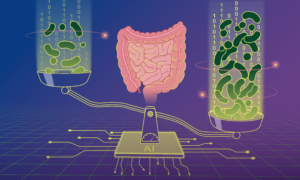
Microbial load can influence disease associations
Scientists have developed a new machine-learning model to predict microbial load — the density of microbes in our guts — and used it to demonstrate how microbial load plays an important role in disease-microbiome associations.
SCIENCE & TECHNOLOGY2024
science-technology
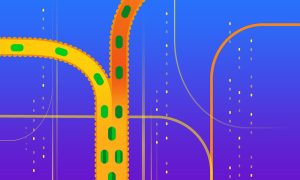
When microbiomes collide
EMBL researchers used data from over 300 human faecal microbiota transplants to gain an ecological understanding of what happens when two gut microbiomes clash.
SCIENCE & TECHNOLOGY2022
sciencescience-technology
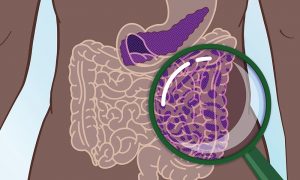
An international study proposes stool analysis for early detection of pancreatic cancer
A molecular signature of 27 microorganisms in stool defines the high-risk population for the most common pancreatic cancer and could be used for early detection of the disease.
SCIENCE & TECHNOLOGY2022
sciencescience-technology
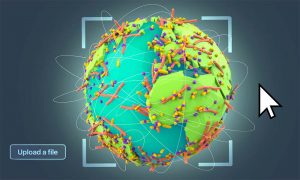
Connecting the dots between bacterial genes around the world
Bork Group at EMBL Heidelberg analysed a new global gene database to study how genes emerge and spread across various habitats on our planet. In the future, the group will expand the database and use it for studying microbial gene evolution and dispersal at a finer-grained scale.
SCIENCE & TECHNOLOGY2021
sciencescience-technology
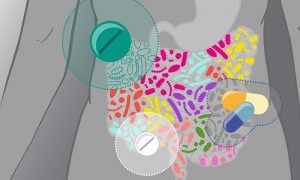
The impact of drugs on gut microbes is greater than we thought
Researchers studying a massive cohort of European patients have found that commonly prescribed drugs for cardiometabolic disorders can have long-term effects on the gut microbiome. Such effects can complicate the understanding of how disease affects the microbiome and must be taken into…
SCIENCE & TECHNOLOGY2021
sciencescience-technology
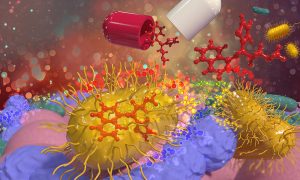
Common medications accumulate in gut bacteria
A new collaborative study led by EMBL group leaders Kiran Patil, Nassos Typas, and Peer Bork has found that common medications accumulate in human gut bacteria. This process reduces drug effectiveness and affects the metabolism of common gut microbes, thereby altering the gut microbiome.
SCIENCE & TECHNOLOGY2021
sciencescience-technology

Peer Bork honoured with Novozymes Prize and ISCB Senior Scientist Award
Distinctions recognise Peer’s development and sharing of bioinformatics tools as well as his significant contributions to bioinformatics research, education, and services.
LAB MATTERSPEOPLE & PERSPECTIVES2021
lab-matterspeople-perspectives

How our gut microbiome changes over time
Researchers investigate how external factors can influence the persistence of microbe species in the human gut
SCIENCE & TECHNOLOGY2021
sciencescience-technology

Living laboratories
Under the innovative Planetary Biology research theme, EMBL scientists aim to understand life in the context of its environment.
SCIENCE & TECHNOLOGY2021
sciencescience-technology
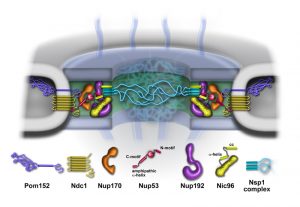
A hot species for cool structures
A fungus that lives at extremely high temperatures could help understand structures within our own cells. Scientists at the European Molecular Biology Laboratory (EMBL) and Heidelberg University, both in Heidelberg, Germany, were the first to sequence and analyse the genome of a heat-loving fungus,…
SCIENCE & TECHNOLOGY2011
sciencescience-technology
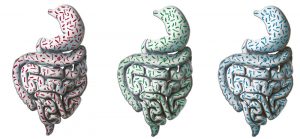
What’s your gut type?
In the future, when you walk into a doctor’s surgery or hospital, you could be asked not just about your allergies and blood group, but also about your gut type. Scientists at the European Molecular Biology Laboratory (EMBL) in Heidelberg, Germany, and collaborators in the international MetaHIT…
SCIENCE & TECHNOLOGY2011
sciencescience-technology
Bacterial balance that keeps us healthy
The thousands of bacteria, fungi and other microbes that live in our gut are essential contributors to our good health. They break down toxins, manufacture some vitamins and essential amino acids, and form a barrier against invaders. A study published today in Nature shows that, at 3.3 million,…
SCIENCE & TECHNOLOGY2010
sciencescience-technology
MicroRNA: a glimpse into the past
The last ancestor we shared with worms, which roamed the seas around 600 million years ago, may already have had a sophisticated brain that released hormones into the blood and was connected to various sensory organs. The evidence comes not from a newly found fossil but from the study of microRNAs…
SCIENCE & TECHNOLOGY2010
sciencescience-technology
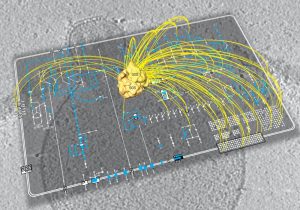
First-ever blueprint of a minimal cell is more complex than expected
What are the bare essentials of life, the indispensable ingredients required to produce a cell that can survive on its own? Can we describe the molecular anatomy of a cell, and understand how an entire organism functions as a system? These are just some of the questions that scientists in a…
SCIENCE & TECHNOLOGY2009
sciencescience-technology